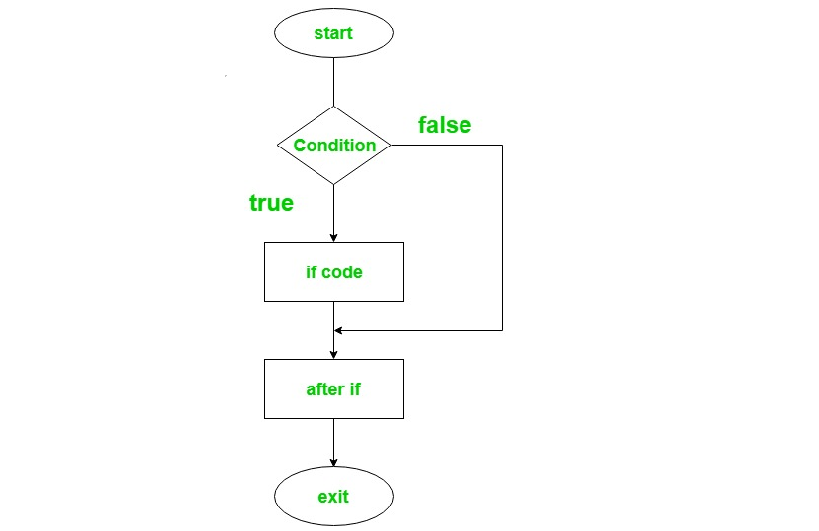This is applicable both for variables and objects as strings floats and integers are actually objects in ruby you re always assigning objects.
Ruby ternary operator assignment.
Ruby ternary operator question mark operator if you like compact short code then you re going to love the ruby ternary operator.
It s also used in variable assignment to quickly select between two.
The detailed semantics of the ternary operator as well as its syntax differs significantly from language to language.
False return value statements to shorten your if else structures.
What is ruby ternary operator syntax what is the ternary conditional operator in ruby.
These parts include a conditional statement two possible outcomes.
The conditional operator.
Assume variable a holds 10 and variable b holds 20 then.
If the expression is true then the true statement is executed else false statement will get executed.
Ternary operator true return value.
It will first evaluate the expression for true or false value and then execute one of the statements.
Assignment operator example assignment of assignment operator.
A top level distinction from one language to another is whether the expressions permit side effects as in most procedural languages and whether the language provides short circuit evaluation semantics whereby only the selected expression is evaluated most.
In other words a ternary gives you a way to write a compact if else expression in just one line of code.
It s a way to write compact if else statements.
In ruby assignment operator is done using the equal operator.
Ruby s ternary or conditional operator will evaluate an expression and return one value if it s true and another value if it s false.
It first evaluates an expression for a true or false value and then executes one of the two given statements depending upon the result of the evaluation.
A ternary operator is made of three parts that s where the word ternary comes from.
This is the same thing that the ternary operator is doing only the ternary operator is more compact.
It first evaluates an expression for a true or false value and then execute one of the two given statements depending upon the result of the evaluation.
Uses for the ternary operator.

